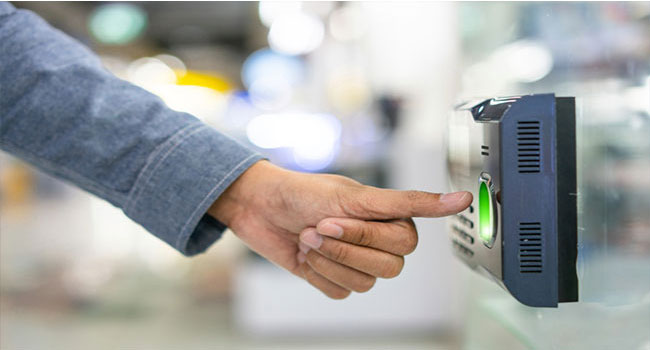
Security Company Exposes Fingerprint, Facial Recognition Data of Over 1 Million Users
Suprema, which operates the Biostar 2 biometric smart lock system, leaked over 27.8 million records in a publicly accessible database discovered by security researchers.
- By Haley Samsel
- Aug 15, 2019
A publicly accessible database holding the biometric and personal information of over 1 million people — including fingerprints, facial recognition data and unencrypted usernames and passwords — was discovered online in what security researchers are calling a “huge data breach” in a new report released Wednesday.
Two researchers and a team at vpnMentor were able to access over 27.8 million records maintained by Suprema, a security company that operates the web-based Biostar 2 biometric smart lock system responsible for access control to warehouses, office buildings and more. The company recently integrated the Biostar 2 platform into the AEOS access control system, which is used by 5,700 organizations across the world, including banks, police forces and governments, The Guardian reported.
Researchers Noam Rotem and Ran Locar found that since the database included encrypted username and password information, they were able to easily create and modify user credentials. In turn, hackers would be able to gain access to any building using the platform by either editing an existing user’s account or adding themselves as users with photographs and fingerprints.
“Putting all the data found in the leak together, criminals of all kinds could use this information for varied illegal and dangerous activities,” the researchers wrote, noting that fingerprint and facial recognition information cannot be retrieved once stolen, potentially affecting people for the rest of their lives.
Since Rotem and Locar alerted Suprema to the issue, the vulnerability was closed, but the pair had not heard directly from the company. In a statement to The Guardian, the company’s head of marketing, Andy Ahn, said Suprema had taken an “in-depth” evaluation of the research’s findings and would inform customers if there was a threat.
It was not immediately clear if the database had been accessed by unauthorized users before Suprema took action. But the team at vpnMentor remained troubled by the methods Suprema used to secure the data, which left it vulnerable to malicious actors.
“The unsecured manner in which BioStar 2 stores this information is worrying, considering its importance, and the fact that BioStar 2 is built by a security company,” the researchers wrote. “Instead of saving a hash of the fingerprint (that can’t be reverse-engineered) they are saving people’s actual fingerprints that can be copied for malicious purposes."
Security experts noted that multi-factor authentication could help mitigate similar breaches by preventing hackers from entering a building with only one means of identification. But this only works if organizations maintaining identification data do not keep it all within the same system, as Suprema appeared to in this case.
“As long as I can’t get access to a system or building with only one factor, then the compromise of my password, key card or fingerprint doesn’t result in compromise of the whole system,” said Tim Erlin, vice president of product management and strategy at Tripwire. “Of course, if these factors are stored or alterable from a single system, then there remains a single point of failure.”
Robert Capps, a vice president and authentication strategist at NuData Security, said that it’s unclear if the fingerprint data is full resolution or templatized, which would make it difficult for hackers to use the files. However, he said, the other information included in the leak could be used to access financial services accounts.
“It is advisable, therefore, that any company using Biostar 2 for physical access should make plans to ensure their facilities remain secure until the full scope of the vulnerability is known, and consumers whose information was contained in the breach, take precautions to protect any accounts related to the information disclosed in the breach,” Capps said.
About the Author
Haley Samsel is an Associate Content Editor for the Infrastructure Solutions Group at 1105 Media.